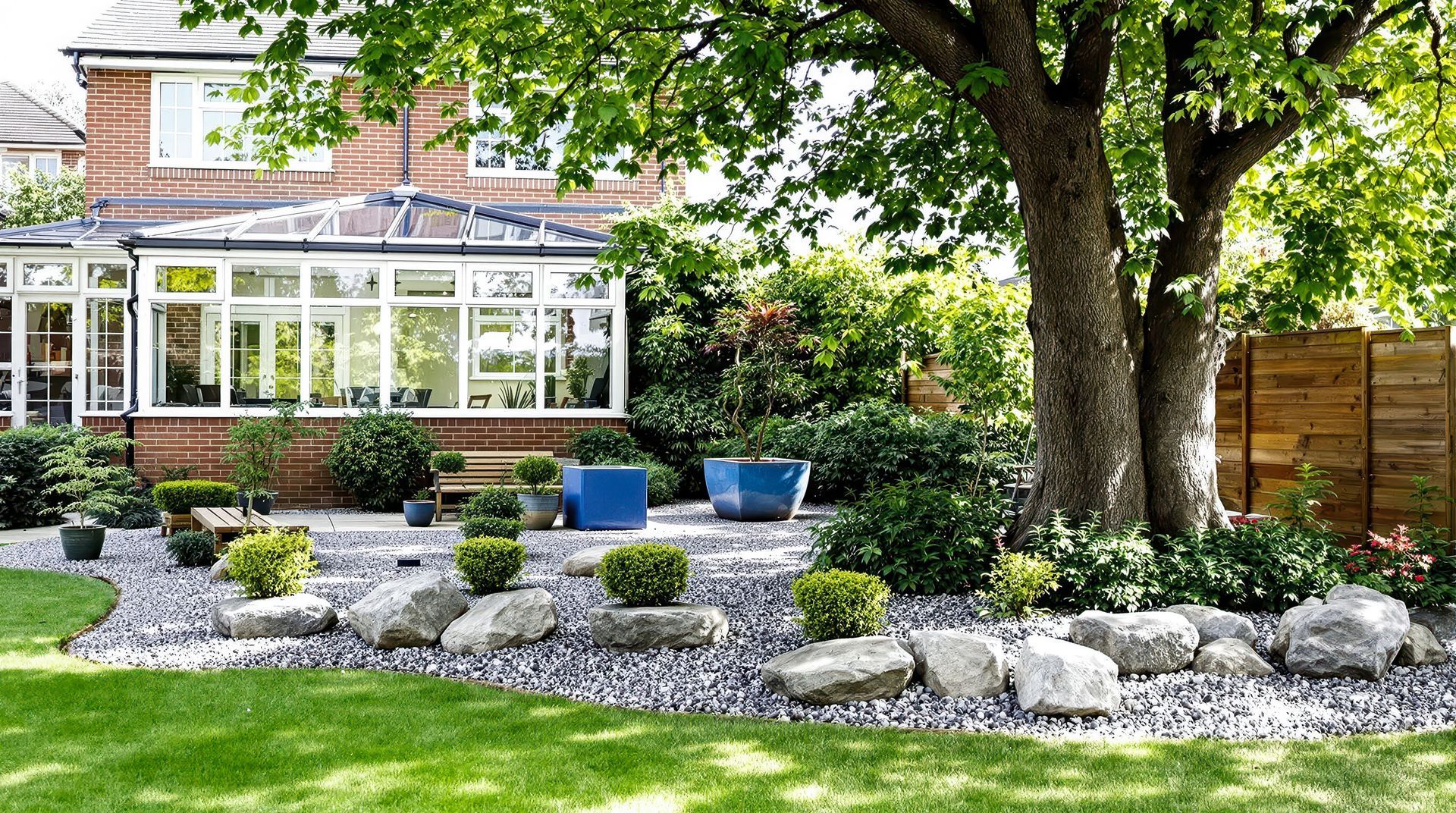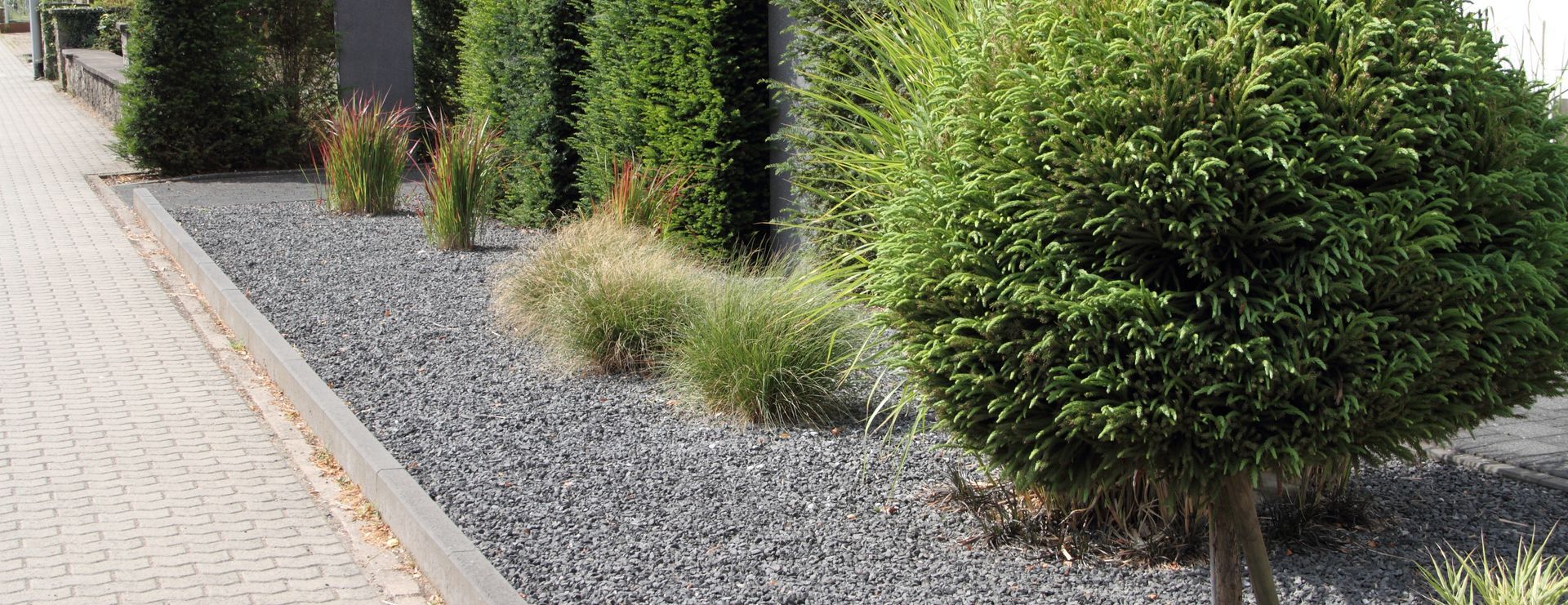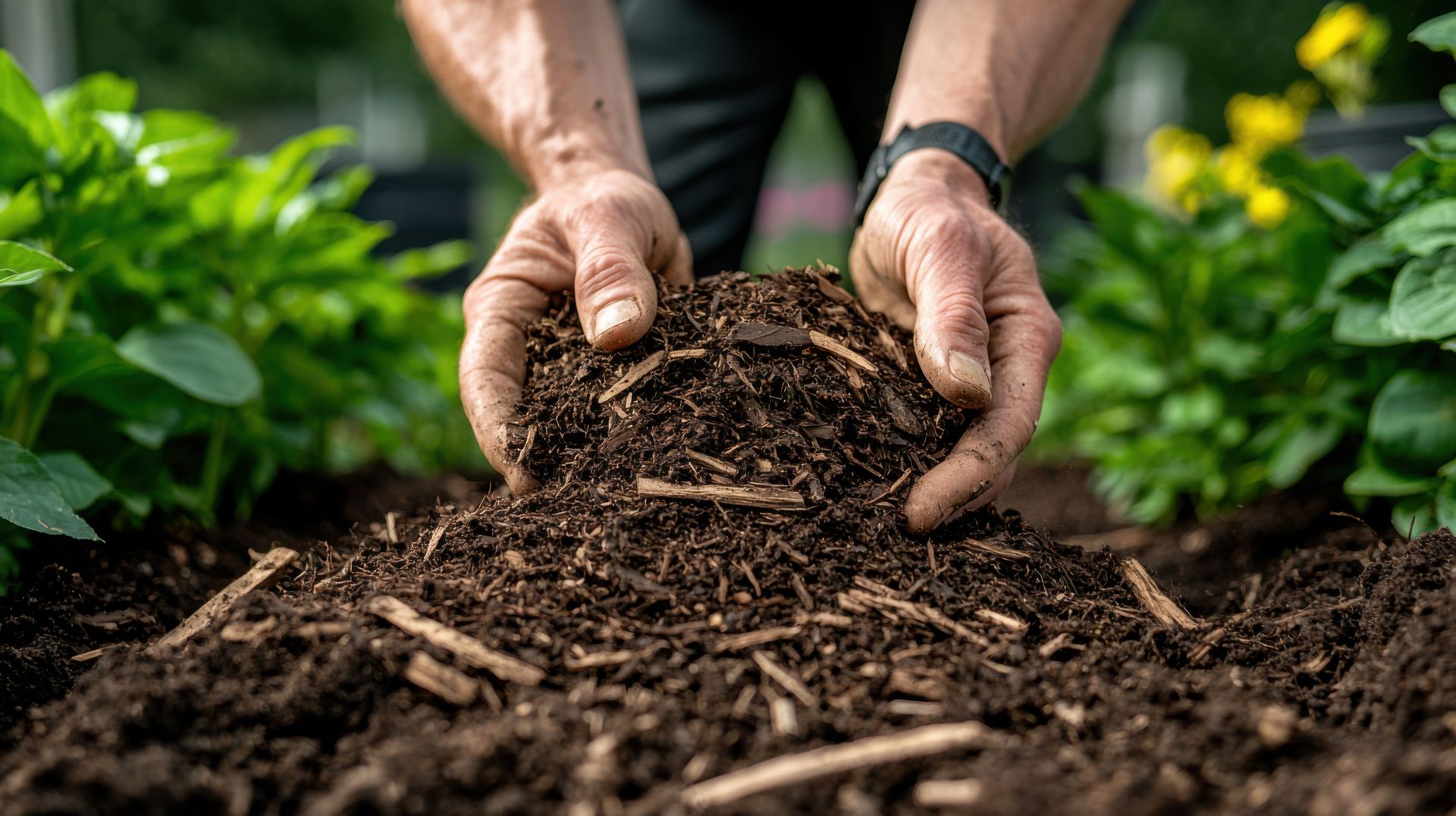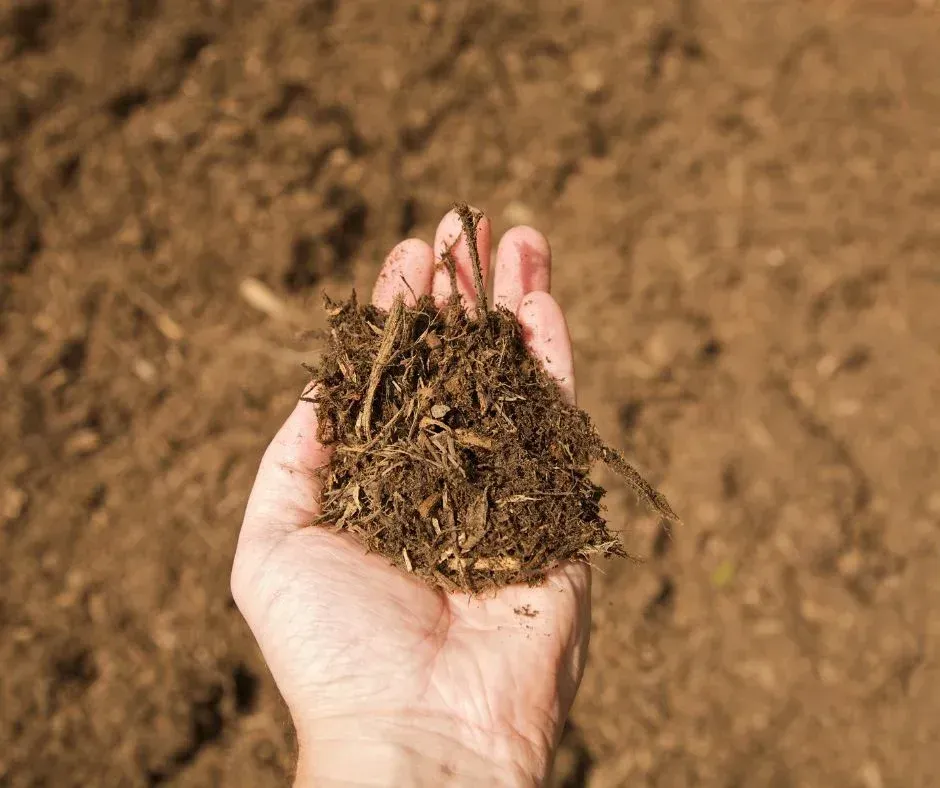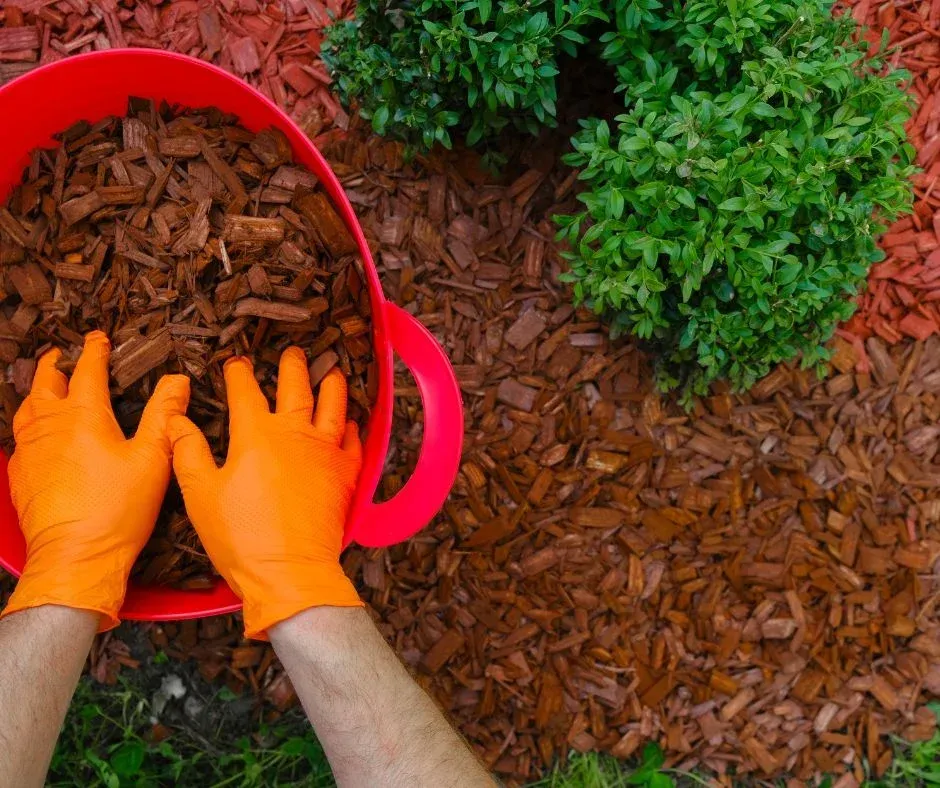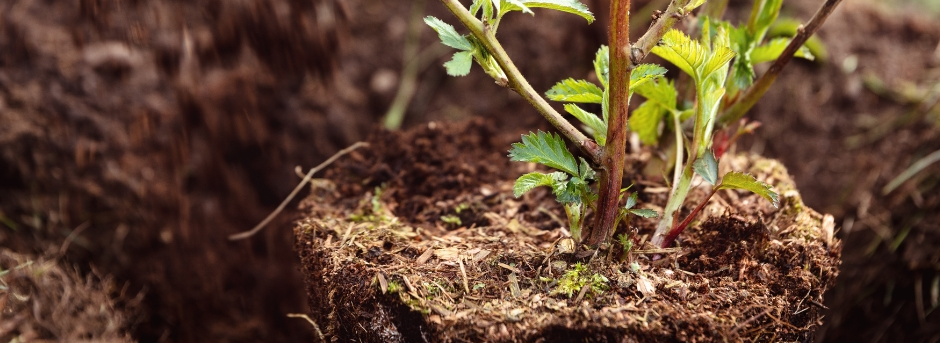Mulching Tips for February
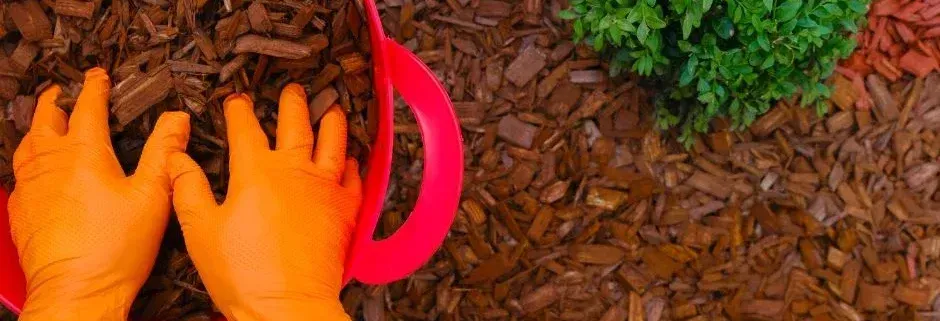
As February rolls in, it's time to start thinking about your garden and landscaping plans for the upcoming spring season. One essential task to consider this month is mulching. Mulch serves as a protective barrier for your plants and soil, helping them thrive as the weather warms up. Here are some valuable mulching tips for February to ensure your garden's success:
Choose the Right Mulch:
Select a mulch type that suits your specific needs. Organic mulches like wood chips, straw, or compost are excellent for improving soil fertility, while inorganic mulches such as gravel or rubber mulch provide long-lasting weed control.
Prepare the Area:
Before applying mulch, clear the area of any debris, weeds, and dead plants. This will ensure that your mulch can do its job effectively and that unwanted pests or diseases don't linger.
Adjust Mulch Depth:
Mulch should be applied to a depth of 2-4 inches, but be cautious not to over-mulch, as this can suffocate plant roots and prevent water from reaching the soil.
Avoid Piling Mulch Against Plant Stems:
Create a mulch-free zone around the base of trees, shrubs, and flowers. Piling mulch against plant stems can lead to rot and disease.
Mulch Around Perennials and Bulbs:
Insulate perennial plants and spring-blooming bulbs with mulch. This protects them from temperature fluctuations and frost heaving during late winter and early spring.
Mulch for Weed Suppression:
Mulch acts as a natural weed barrier. By applying it early in the season, you can reduce the number of weeds that emerge later on.
Consider Mulch Color:
Dark-colored mulches, like black or brown, can absorb heat and help warm the soil faster in late winter. This can be beneficial for certain plants and vegetables.
Maintain Mulch Thickness:
Over time, mulch can break down and decompose. Keep an eye on the mulch layer and replenish it as needed to maintain the desired depth.
Watch for Mold or Fungus:
In wet climates, be on the lookout for mold or fungus growth on the mulch surface. To prevent this, fluff the mulch regularly to promote air circulation.
Water and Inspect:
Ensure that your plants receive sufficient moisture during dry spells. Mulch helps retain moisture, but it's essential to monitor soil moisture levels and water as needed.
By following these mulching tips for February, you'll give your garden a head start on a successful growing season. Mulch not only enhances the aesthetics of your landscape but also provides crucial protection and nourishment for your plants, setting the stage for a vibrant and healthy garden in the months to come.
